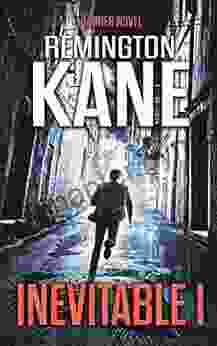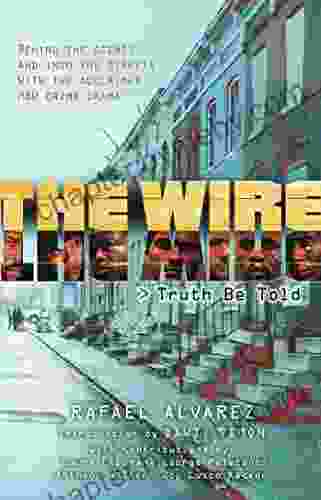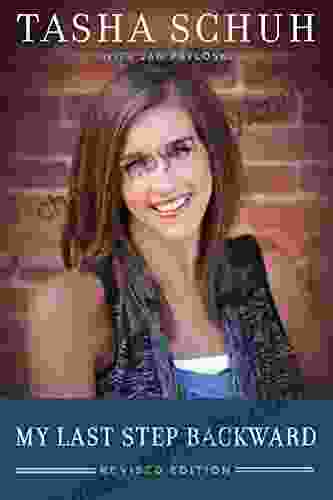Grunt: The Curious Science of Humans at War

War is a brutal and often senseless affair, but it is also a fascinating one. For centuries, scientists have been studying the science of war, in an attempt to understand why we fight and how we can prevent it. One of the most comprehensive and groundbreaking works on this subject is Grunt: The Curious Science of Humans at War by Mary Roach.
In Grunt, Roach takes readers on a journey through the history of warfare, from the Stone Age to the present day. She explores the surprising ways that our bodies and minds have adapted to the demands of combat, and how these adaptations have shaped the course of history. Roach also examines the latest scientific research on warfare, including studies on the effects of combat on the brain, the role of genetics in violence, and the development of new weapons and technologies.
4.5 out of 5
| Language | : | English |
| File size | : | 12340 KB |
| Text-to-Speech | : | Enabled |
| Enhanced typesetting | : | Enabled |
| Word Wise | : | Enabled |
| Print length | : | 201 pages |
| Screen Reader | : | Supported |
Grunt is a fascinating and thought-provoking book that will change the way you think about war. It is a must-read for anyone interested in history, science, or the human condition.
The Science of War
War is a complex phenomenon that involves a wide range of scientific disciplines, including biology, physiology, neuroscience, genetics, sociology, and anthropology. Scientists have studied war from a variety of perspectives, including the evolution of human aggression, the effects of combat on the brain, the role of genetics in violence, and the development of new weapons and technologies.
One of the most important findings from the science of war is that humans are not innately violent. In fact, most people are reluctant to kill or harm others. However, war can create situations in which people are more likely to engage in violence. These situations include:
- When people are under threat
- When people are angry or frustrated
- When people are in a group
- When people are exposed to violence
The science of war can also help us to understand how to prevent war. By understanding the factors that lead to war, we can develop strategies to reduce the risk of conflict. These strategies include:
- Promoting peace and cooperation
- Reducing poverty and inequality
- Educating people about the dangers of war
- Developing non-violent conflict resolution mechanisms
The Human Cost of War
War has a devastating impact on human beings. Every year, millions of people are killed, injured, or displaced by war. War also destroys homes, schools, hospitals, and other infrastructure. The economic costs of war are also enormous, and can last for generations.
The human cost of war is not just physical. War can also cause psychological damage, including post-traumatic stress disFree Download (PTSD),depression, and anxiety. War can also damage relationships, families, and communities.
The human cost of war is a tragedy. We must do everything we can to prevent war and to help those who have been affected by war.
War is a complex and often senseless affair, but it is also a fascinating one. The science of war can help us to understand why we fight and how we can prevent it. Grunt: The Curious Science of Humans at War by Mary Roach is a must-read for anyone interested in history, science, or the human condition.
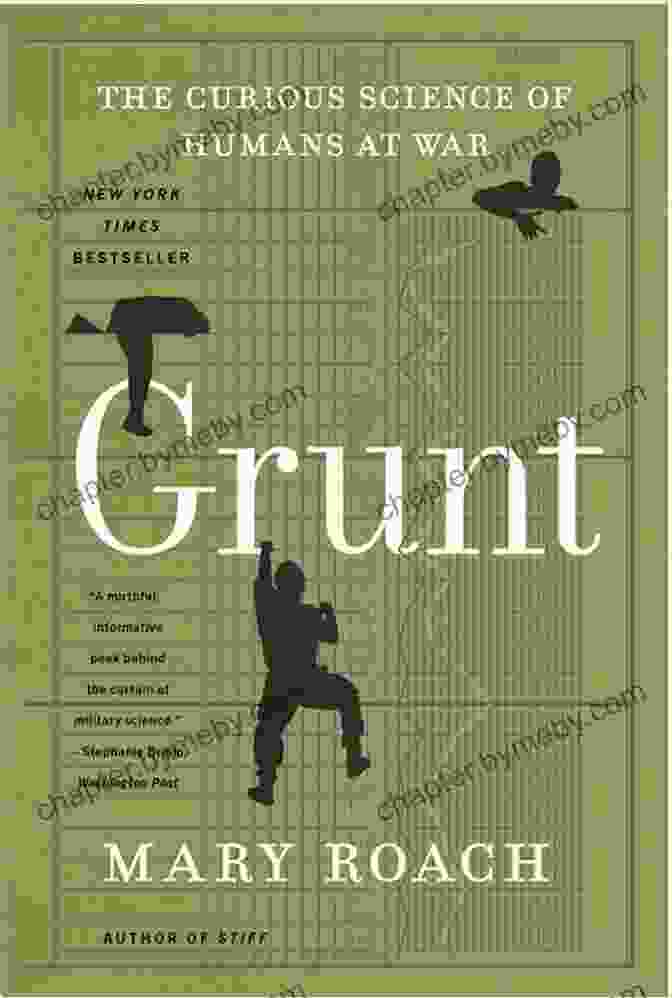
4.5 out of 5
| Language | : | English |
| File size | : | 12340 KB |
| Text-to-Speech | : | Enabled |
| Enhanced typesetting | : | Enabled |
| Word Wise | : | Enabled |
| Print length | : | 201 pages |
| Screen Reader | : | Supported |
Do you want to contribute by writing guest posts on this blog?
Please contact us and send us a resume of previous articles that you have written.
 Book
Book Novel
Novel Page
Page Chapter
Chapter Text
Text Story
Story Genre
Genre Reader
Reader Library
Library Paperback
Paperback E-book
E-book Magazine
Magazine Newspaper
Newspaper Paragraph
Paragraph Sentence
Sentence Bookmark
Bookmark Shelf
Shelf Glossary
Glossary Bibliography
Bibliography Foreword
Foreword Preface
Preface Synopsis
Synopsis Annotation
Annotation Footnote
Footnote Manuscript
Manuscript Scroll
Scroll Codex
Codex Tome
Tome Bestseller
Bestseller Classics
Classics Library card
Library card Narrative
Narrative Biography
Biography Autobiography
Autobiography Memoir
Memoir Reference
Reference Encyclopedia
Encyclopedia Sarah Ridley
Sarah Ridley Michael Chorost
Michael Chorost Mary Wong
Mary Wong Sadie Radinsky
Sadie Radinsky Meredith Nicholson
Meredith Nicholson R Sikoryak
R Sikoryak Michael Blastland
Michael Blastland Max Eisen
Max Eisen John W Creswell
John W Creswell Michelle Madow
Michelle Madow Max Jammer
Max Jammer Sarah J Tracy
Sarah J Tracy Shaun Chamberlin
Shaun Chamberlin Michael Hicks
Michael Hicks Samuel J White
Samuel J White Michael Mcbride
Michael Mcbride Wayne Coffey
Wayne Coffey Matt Vincent
Matt Vincent Mike Rohde
Mike Rohde Moss Hart
Moss Hart
Light bulbAdvertise smarter! Our strategic ad space ensures maximum exposure. Reserve your spot today!
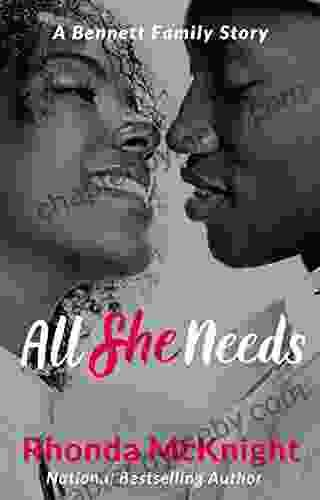
 Roland HayesUnveiling the Profound Impact of "All She Needs": A Journey of Empowerment,...
Roland HayesUnveiling the Profound Impact of "All She Needs": A Journey of Empowerment,...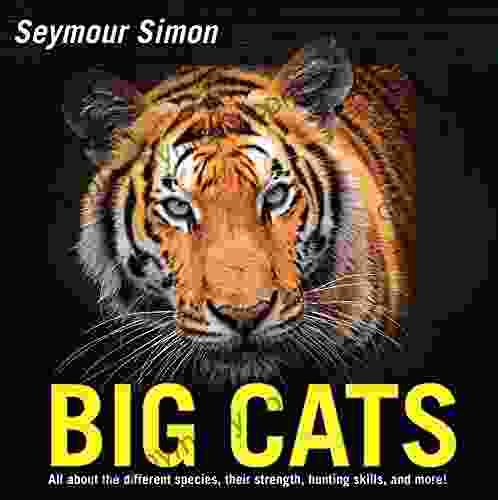
 Geoffrey BlairUnveiling the Majestic Realm of Big Cats: A Review of Seymour Simon's Revised...
Geoffrey BlairUnveiling the Majestic Realm of Big Cats: A Review of Seymour Simon's Revised... Clay PowellFollow ·5.2k
Clay PowellFollow ·5.2k Hayden MitchellFollow ·14.4k
Hayden MitchellFollow ·14.4k Zadie SmithFollow ·17.9k
Zadie SmithFollow ·17.9k Jesse BellFollow ·4.1k
Jesse BellFollow ·4.1k Ethan MitchellFollow ·8.6k
Ethan MitchellFollow ·8.6k Yasunari KawabataFollow ·10.1k
Yasunari KawabataFollow ·10.1k Geoffrey BlairFollow ·4.2k
Geoffrey BlairFollow ·4.2k Quentin PowellFollow ·11.4k
Quentin PowellFollow ·11.4k
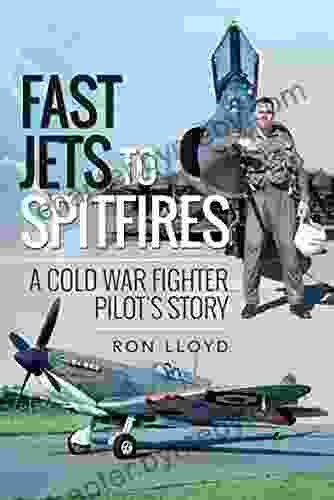
 Henry James
Henry JamesCold War Fighter Pilot Story: A Captivating Tale of...
Enter the Cockpit of...
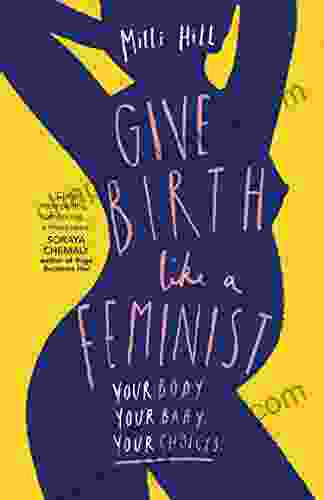
 Rudyard Kipling
Rudyard KiplingYour Body Your Baby Your Choices: The Essential Guide to...
Pregnancy and...

 Fabian Mitchell
Fabian MitchellMichelle Obama: An Intimate Portrait - A Must-Read for...
Michelle Obama is a prominent figure in...
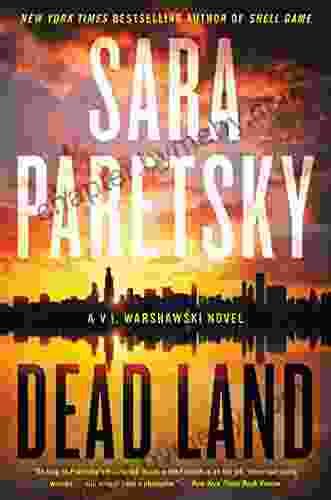
 Juan Butler
Juan ButlerUncover the Secrets of the Dead Land Warshawski Novels
Prepare to delve...
4.5 out of 5
| Language | : | English |
| File size | : | 12340 KB |
| Text-to-Speech | : | Enabled |
| Enhanced typesetting | : | Enabled |
| Word Wise | : | Enabled |
| Print length | : | 201 pages |
| Screen Reader | : | Supported |



